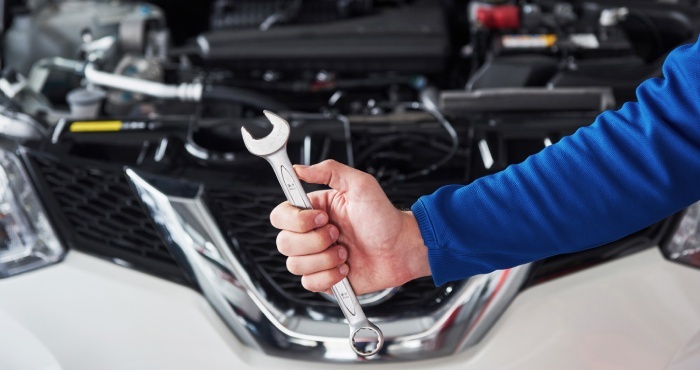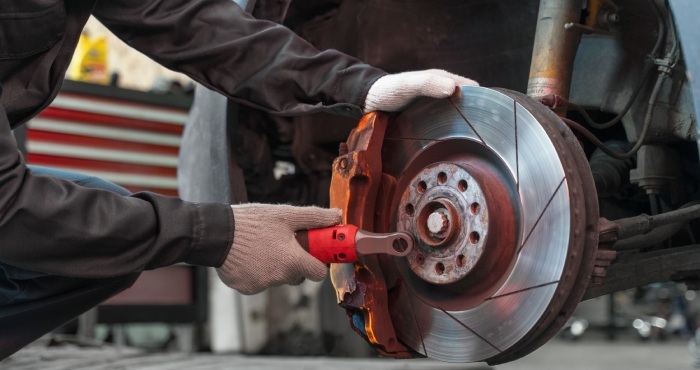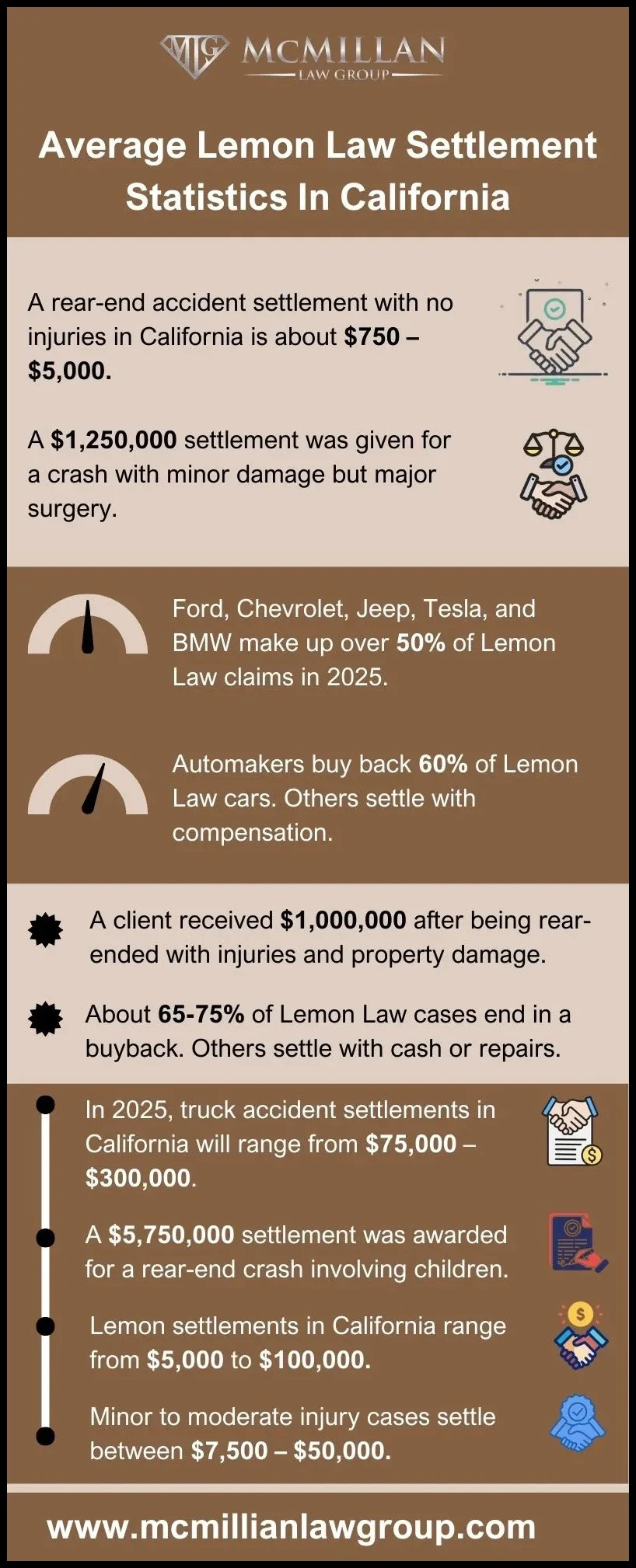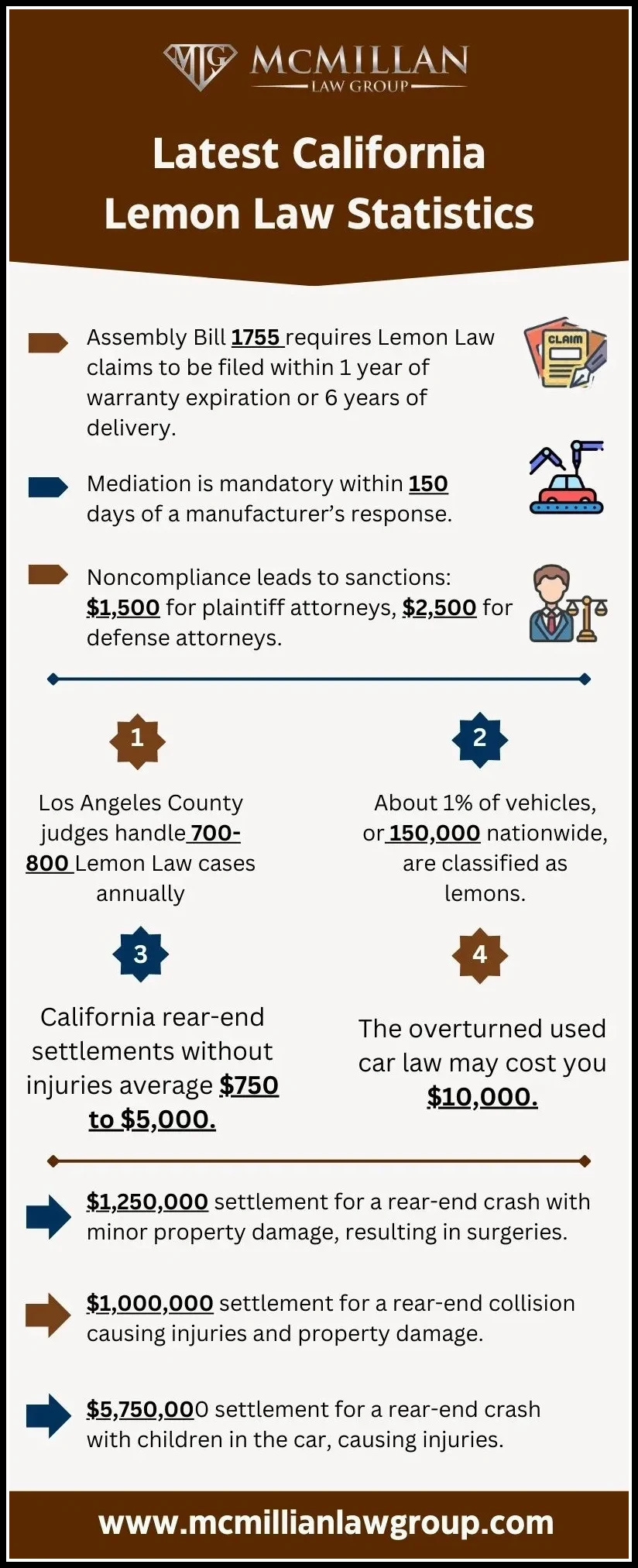The Song-Beverly Consumer Warranty Act, commonly referred to as California’s Lemon Law, serves as an essential protection for consumers faced with faulty automobiles. Grasping the intricacies of how investigations operate under this legislation can help you approach the situation with assurance and secure the compensation you rightfully deserve.
Understanding California Lemon Law
The California Lemon Law safeguards buyers and lessees of vehicles that have ongoing issues significantly affecting their usability, safety, or worth. Should the manufacturer or dealer fail to fix the problem after a reasonable number of tries, they are obligated by law to either replace the vehicle or reimburse the buyer for the purchase price.
To qualify, the defect must meet specific criteria, including:
- Taking place during the warranty coverage.
- Involving several attempts at repairs or resulting in the vehicle being unavailable for a long duration (usually around 30 days).
- Having a major impact on the vehicle’s performance or safety.
The Lemon Law Investigation Process
Gathering Evidence
The first phase of a Lemon Law inquiry involves collecting all relevant documents that will bolster your case. Essential paperwork comprises the vehicle’s purchase or lease contract, warranty information, invoices for maintenance and repairs, and any records of correspondence with the dealer or manufacturer. These materials are vital for establishing your case.
To substantiate a defect, it is necessary to provide definitive proof that the problem continued to exist despite several attempts to repair it and had a serious impact on the vehicle’s safety, performance, or worth. Thorough and systematically arranged documentation is essential for illustrating the seriousness and consequences of the issue.
Analyzing Repair History
Law enforcement and legal representatives will closely examine the maintenance history of your vehicle. They will search for trends, such as consistent malfunctions of the same part, lengthy repair durations, or ongoing issues that have not been addressed.
For instance, if a car’s braking system experiences multiple failures that raise safety alarms, it could be considered a major defect in accordance with the Lemon Law.
Manufacturer Involvement
Producers frequently have an essential part in handling Lemon Law claims. They might ask for further repair attempts, examine repair documentation from certified dealerships, or engage in negotiations to settle the matter. Their participation is vital in influencing the result of a claim.
On the other hand, if the manufacturer challenges the claim, they could contend that the defect was caused by improper use or typical wear and tear. In these situations, enlisting the help of a knowledgeable attorney is crucial to effectively counter these arguments with compelling evidence and safeguard your rights.
Inspection of the Vehicle
In certain situations, a qualified mechanic or independent specialist might evaluate the vehicle to verify the issue. This can be especially beneficial when the manufacturer questions either the seriousness or the reality of the defect.
Settlement Negotiations
After the defect has been verified, discussions with the manufacturer are initiated, frequently with assistance from your legal counsel. Potential resolutions may involve obtaining a replacement vehicle, receiving a complete or partial refund of the purchase price, or recovering legal expenses and costs. The goal of these outcomes is to remedy the inconvenience and financial impact resulting from the defect.
Should negotiations not lead to a satisfactory agreement, the matter may escalate to arbitration or court proceedings. These formal avenues allow you to present your case and pursue a just resolution through an impartial third party or judicial system.
Challenges in Lemon Law Investigations
Ambiguity Around “Reasonable Attempts”
The legislation does not define a specific number of repair attempts necessary for filing a claim, which allows for varying interpretations. This ambiguity can result in conflicts between consumers and manufacturers.
Burden of Proof
The responsibility lies with the consumer to demonstrate that a defect is present and satisfies the requirements of Lemon Law. Lack of adequate documentation may undermine your case.
Manufacturer Pushback
Producers might try to postpone or reject claims by contending that the flaw is insignificant or not covered by the warranty. Engaging knowledgeable legal counsel can effectively counteract these strategies.
Why You Need a Lemon Law Lawyer
Handling a Lemon Law investigation on your own can be overwhelming. Partnering with an experienced California Lemon Law attorney in San Diego can simplify the process and significantly improve your chances of a favorable outcome.
Benefits of Hiring a Lawyer
- Specialization in Lemon Law Matters: Lawyers who focus on California’s Lemon Law are well-versed in its intricacies and know how to effectively construct a compelling case.
- Navigating Difficult Negotiations: A skilled attorney will advocate for you when dealing with the manufacturer, making sure you obtain appropriate compensation.
- Steering Clear of Frequent Errors: Legal experts can assist you in sidestepping pitfalls, such as failing to meet deadlines or submitting insufficient paperwork.
- No Upfront Expenses: Under California Lemon Law, if you win your case, manufacturers are required to cover reasonable attorney fees, making it easier to access the support of a skilled California Lemon Law lawyer.
Tips for Finding the Right Lawyer
- The Importance of Expertise: Select a lawyer who has a strong background in California Lemon Law matters. Their specialized understanding can significantly impact your case.
- Examine Their Success Rate: Look into the attorney’s past performance with cases akin to yours. Favorable client feedback and high success rates are reliable signs of their effectiveness.
- Complimentary Initial Meetings: Numerous Lemon Law attorneys provide free initial consultations. Take advantage of this chance to discuss your situation and determine if the attorney meets your needs.
- Clarity on Costs: Make sure the attorney clearly outlines their fee structure. Typically, Lemon Law cases are handled on a contingency basis, meaning you will only be charged if you achieve a favorable outcome.
How to Start Your Lemon Law Investigation
If you suspect your vehicle is a lemon, here’s how to get started:
- Maintain Comprehensive Records: Ensure you document all repairs, correspondence, and costs associated with the defect thoroughly.
- Seek Legal Advice: Contact a Lemon Law attorney for a complimentary consultation to evaluate your situation.
- Take Initiative: Act quickly instead of allowing the defect to escalate. Tackling the problem immediately can mitigate safety hazards and bolster your case.
California’s Lemon Law serves as an essential safeguard for consumers dealing with faulty vehicles, yet the process of investigation can be intricate. By familiarizing yourself with the necessary steps and seeking assistance from a qualified attorney, you can decode the system and obtain the compensation you rightfully deserve.






